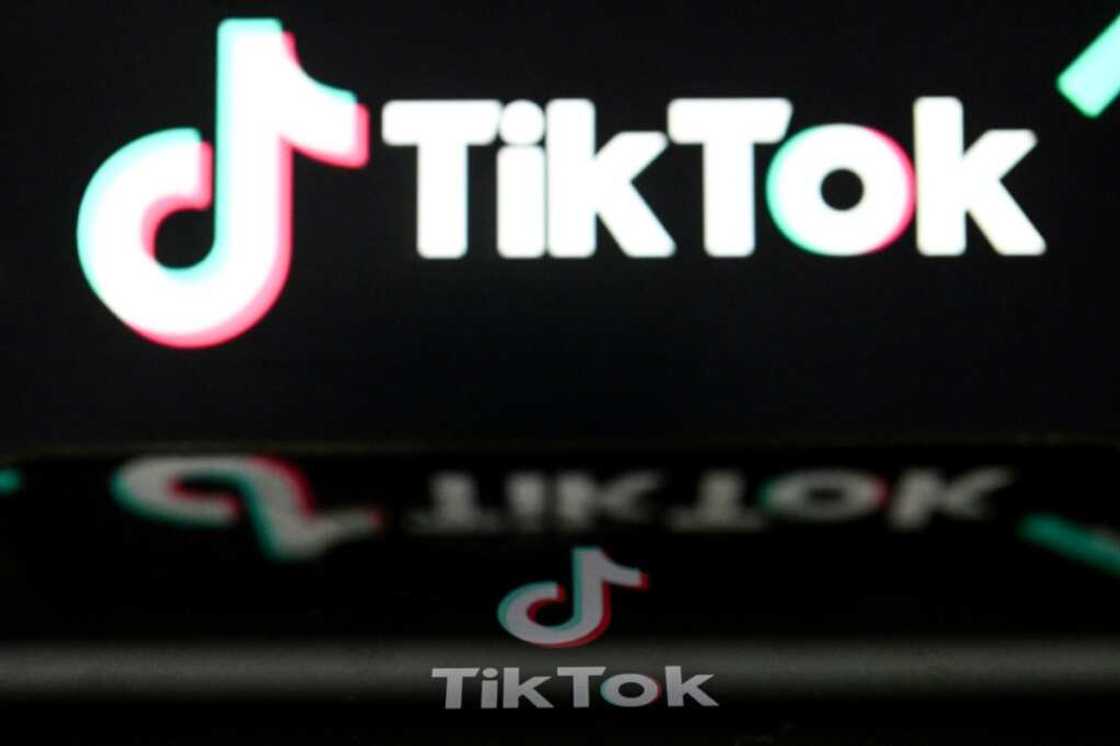Kenya says TikTok agrees content moderation deal

Source: AFP
PAY ATTENTION: Click “See First” under the “Following” tab to see Legit.ng News on your Facebook News Feed!
TikTok has agreed to moderate content on its app in Kenya, the country's presidency said Thursday, days after parliament received a petition to ban the popular video-sharing platform.
TikTok, owned by Chinese technology giant ByteDance, is facing intense scrutiny across the world due to privacy and security concerns.
"Short-form video hosting service TikTok will work with Kenya in reviewing and monitoring its content," President William Ruto's office said in a statement after a call with TikTok chief executive Shou Zi Chew.
"This new development means that inappropriate or offensive content will be expunged from the platform," it added.
Ruto also said on social media that Chew had agreed to set up an office in Kenya to "coordinate" TikTok's operation in Africa.
No further details were given on the arrangement or when the Kenyan office would begin operations.
PAY ATTENTION: Follow us on Instagram - get the most important news directly in your favourite app!
Thursday's announcement comes barely 10 days after Kenyan legislators received a petition from a private citizen demanding that TikTok be banned in the East African country for promoting obscenity.
"The petitioner decries that while it has gained popularity among the youth, the content that is being shared on the platform is inappropriate thus promoting violence, explicit sexual content, hate speech," parliament speaker Moses Wetangula said at the time.
Parliament is due to investigate the use of TikTok in Kenya and a decision is expected in about two months.
Thanks to its editing features and an AI-powered algorithm, TikTok is popular, especially with younger audiences, and has over one billion users.
It has come under fierce Western scrutiny over its ties to China but the company denies it is under Beijing's tutelage.
This month, it announced changes to meet strict EU rules including allowing European users to turn off "personalisation" -- a feature that encourages people to keep watching videos by suggesting content based on their personal interests.
Somalia's government meanwhile announced on Sunday it was banning the platform for being used by terrorists to spread propaganda.
Source: AFP




